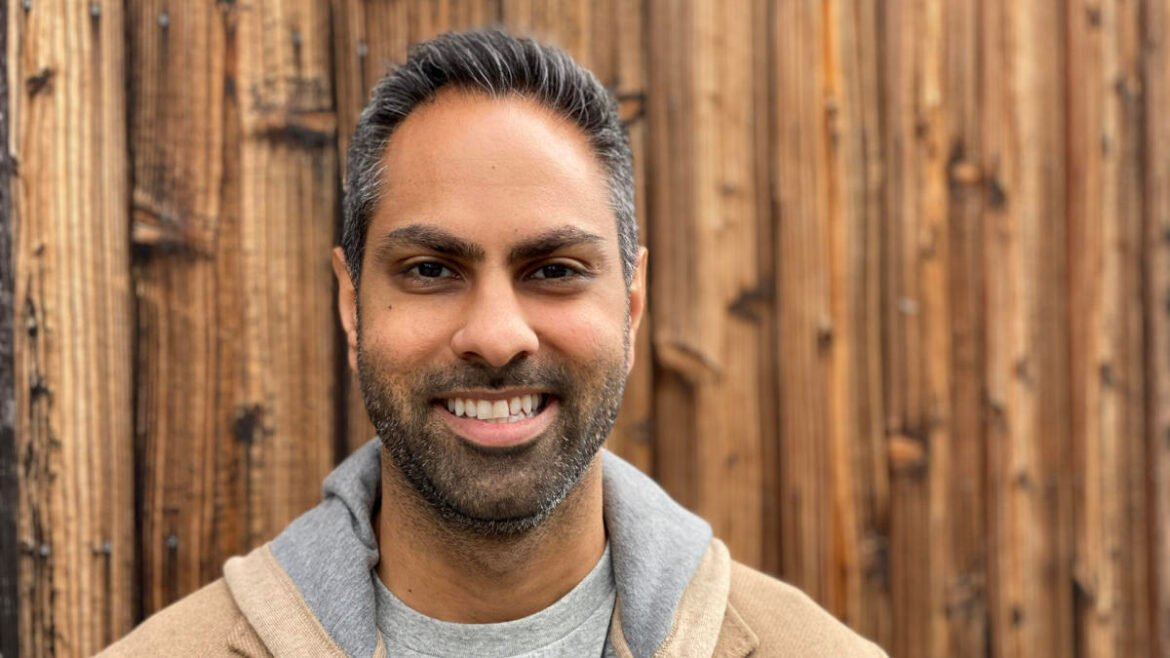While focusing on saving can seem safer than potentially losing money in mutual funds, stocks and bonds, finance expert Ramit Sethi believes that this approach could leave you broke.
Learn More: 6 Wealth-Destroying Mistakes People Make Every Day Without Knowing It
Consider This: 7 Luxury SUVs That Will Become Affordable in 2025
Advertisement: High Yield Savings Offers
A 2024 report by Janus Henderson Investors found that 48% of Americans had no investments. While some people cited a lack of investment expertise, the need to pay off debt or limited financial means as the reason, 38% simply preferred putting cash in regular bank accounts.
In a recent YouTube video, Sethi explained why you should save less and instead invest your money smartly.
While you might think you’re making progress by saving money, you’ll eventually find yourself off track from your retirement goal, even if you contribute a large sum each month.
First, a typical savings account usually earns a much lower rate than the average investment return, so your money grows much more slowly. Then, there are hidden factors you might forget, like taxes and inflation, that lead to being unable to buy as much with your savings.
Sethi gave an example of someone who spent 30 years stashing away $1,000 each month. Federal Deposit Insurance Corporation data showed the national average savings account rate was 0.42% in May 2025, while Sethi said the historical average annual investment return (after inflation) was 7%.
According to Sethi, the person who saved would have around $383,000 after 30 years, compared to nearly $1.2 million for the investor. So, the saver would have missed out on about $817,000.
Sethi added, “This is the difference between struggling to retire at 65 versus becoming a millionaire before 50.”
Explore More: Suze Orman Says If You’re Doing This, You’re ‘Making the Biggest Mistake in Life’
The annual inflation rate reported in April 2025 was 2.3%, which was 1.88% more than the 0.42% average savings account rate. So, while your savings balance looks like it’s growing each year, inflation is likely robbing you of some of your money’s value.
For example, if you had $1,000 in your savings account, you might earn $4.20 over the year, but lose $23.00 to inflation. So, your money’s purchasing power would have gone down by $18.80, meaning you’re not really getting ahead.
Sethi explained that many people mistakenly believe that saving is the safe and virtuous route, but as the example showed, it actually makes it harder to grow money efficiently.

